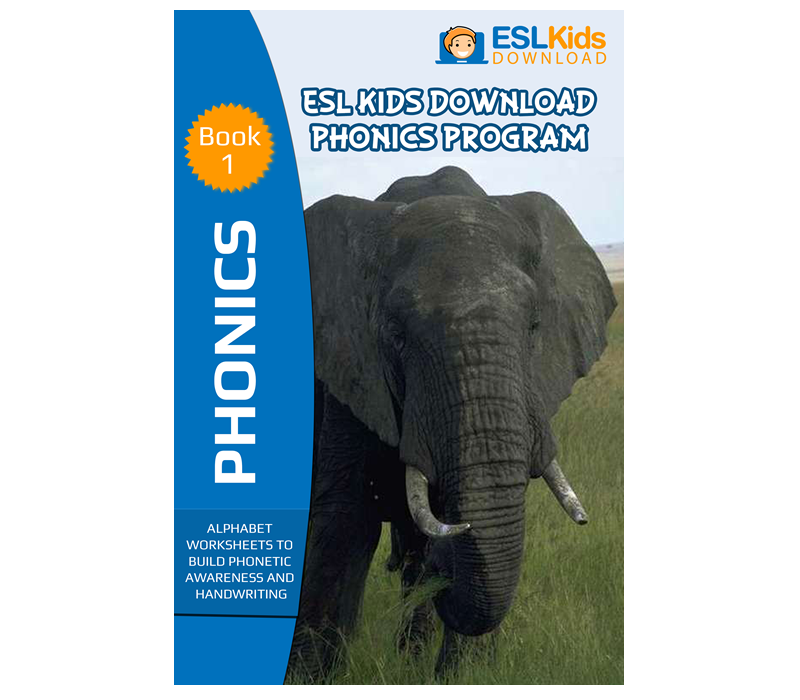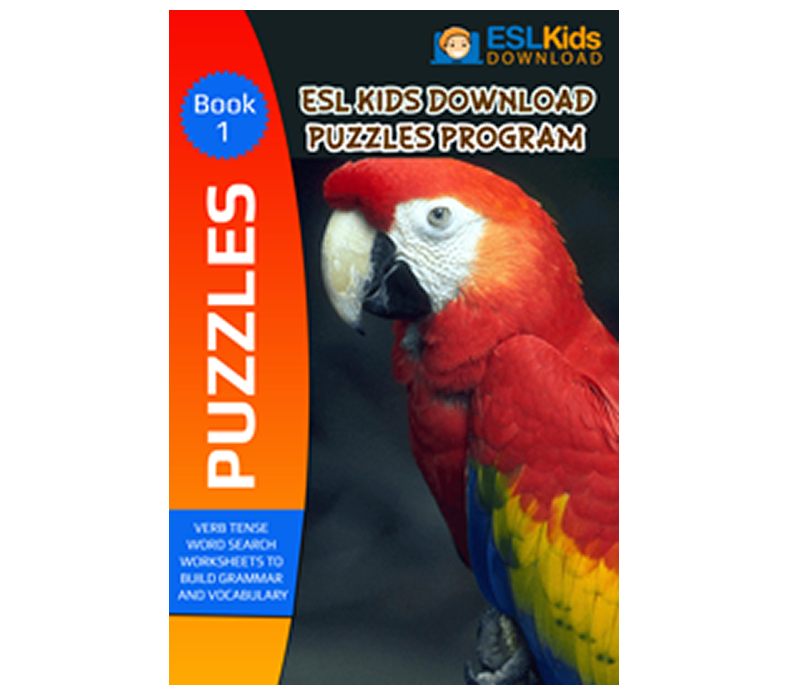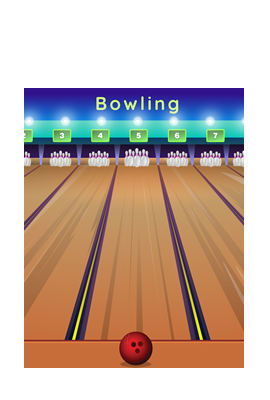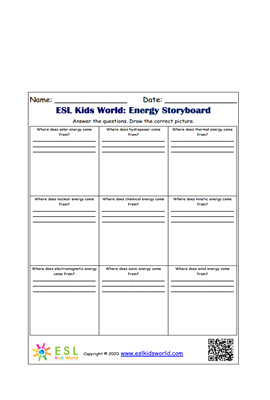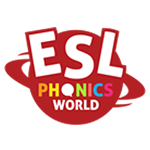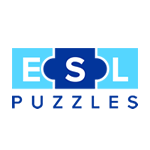Top 75+ English Grammar Rules A to Z
Grammar can be easy, but it can also be quite tricky to understand and teach. Read and practice grammar deductively with our clear and concise definitions below. All grammar is categorised from A to Z to make it easier for you.
Abstract Nouns
A noun refering to an idea, quality, or state rather than a tangible object. Abstract nouns include: anger, charity, happiness, and love.
Active Voice
Active voice is when the subject is performing the action of the verb. Active voice includes: Gary drank some water. He delivers the letters.
Adjectives
An adjective is used to describe or modify a noun. Adjectives include: good, bad, huge, dirty, funny, silly, cool, fantastic, awesome, beautiful, and gorgeous.
Adverbs
An adverb is a word that is used to modify an adjective, verb, or another adverb. Adverbs include: badly, quickly, luckily, quickly, and slowly.
Adverbials
An adverbial is a word or phrase that modifies or more closely defines the sentence or the verb. Adverbials include: Terry talks quickly. I left home immediately.
Affirmatives
An affirmative sentence is any sentence that is positive or in agreement. Affirmatives include: Trees are important. Bats can fly. Kangaroos are marsupials.
Articles
Articles are determiners that function to specify if the noun is general or specific in its reference. Examples include: I need a car. I want an orange. The film was cool.
Attributive Adjectives
An attributive adjective is an adjective that comes before the noun it modifies. Attributive adjectives include: A hot pan. A spicy chili. An ugly t-shirt. A cool game.
Auxiliary Verb
Known as the 'helping verb' the auxiliary verb adds functional or grammatical meaning to the clause. Examples include: be, has, do, have, will, shall, would, should, can, could, may, might... An example sentence: He has played well.
Classifying Adjective
A classifying adjective is an adjective used to divide and classify people or things into particular groups. Examples include: An animal doctor. It's a military vehicle. These are confidential papers.
Clause
A clause is a group of words that contain a subject and a verb, giving complete thought. Examples include: Gary is very good at hockey. She is tired. They are hungry.
Collective Noun
A noun which refers to a group of people or things. Collective nouns include: family, choir, band, team, shoal, flock, pod, bunch, collection, set, pack.
Common Noun
A common noun refers to a thing, people, place, or idea. Common nouns include: mother, father, lion, cat, dog, chair, table, flower, grass, plane, car.
Comparative
Comparative adjectives are used to compare differences between two objects. Comparatives include: Gary is taller than Terry. My cat is smaller than your cat.
Compound Noun
A noun which is made up of two or more words. Compound nouns include: football, hairdresser, toothpaste, hairbrush, skyline, headphones, skateboard...
Conditionals
The first conditional is used to refer to the present or future where the situation is real. Conditionals include: If you don't study, you will fail your test.
The second conditional is used to refer to a time that is now or any time, and a situation that is unreal. Conditionals include: If I spoke Spanish, I would work in Spain.
The third conditional is used to refer to a time that is in the past, and a situation that is contrary to reality. Conditionals include: If you hadn't jumped, you would have fallen in the puddle.
Conjunction
Conjunctions allow you to link other words, phrases, and sentences together. Conjunctions include: and, but, or, so, for, nor, and yet.
Connective
A connective joins two clauses, phrases, words, or sentences together. An example of connectives includes: We had indoor play because it was raining.
Consonant
A consonant is a letter of the alphabet that blocks the flow of air breathed out of the vocal tract. Examples include: b, c, d, f, g, h, j, k, l, m, n, p, q, r, s, t, v, w, x, y, and z.
Contraction
A contraction is a word made-up of shortening two words. Examples include: can't (can not), they're (they are), won't (will not), I'll (I will).
Countable Noun
Countable nouns are nouns we can count. Countable nouns have both singular and plural forms. Examples include: apple/apples, dog/dogs, boat/boats.
Defining Relative Clause
Defining relative clauses give specific information to define or identify the person or thing we are talking about. Examples include: A whale is an animal that lives in the ocean.
Determiner
A determiner is a word that comes before a noun. It also comes before any adjectives which describe a noun. Examples include: the, a, every, this.
Direct Speech
For direct speech, the exact words of the speaker are reproduced in quotation marks. Examples of direct speech include: "I am fifty years old," said John. "This is a dog," said Gary.
Finite Verb
A finite verb is a verb that has a subject and shows tense. Examples include: is, was, and were are the finite forms of the verb to be.
Future Continuous Tense
Future continuous tense is a verb tense that indicates that something will happen in the future and continue for a duration of time. Subject + will + be + -ing (present participle). Examples include: I will be running in the race tomorrow.
Future Simple Tense
The future simple tense is a verb tense that refers to something that has not yet happened. Subject + will + base form of the verb. Examples include: I will play tennis tomorrow. I shall arrive in London at midday.
Future Perfect Tense
The future perfect tense indicates an action that will be completed or finished in the future. Subject + shall/will + have + verb in the past participle. Examples include: I will have been to London by tomorrow.
Future Perfect Continuous Tense
The future perfect continuous tense indicates an activity will have begun sometime in the past, present, or in the future, and is expected to continue in the future. Subject + will + have + been + -ing (present participle). Examples include: He will have been living in London for three years.
Gerund
A gerund is the present participle of a verb when it’s used as a noun. Examples include: I like writing in English. He likes waking up early.
Homophone
Homophones are words that are pronounced the same as other words, but spelt differently. Examples include: flower-flour, know-no, blue-blew...
Imperative
An imperative is the form of a verb that is used to give commands or instruction. Examples of imperatives include: Put the pen on the table! Sit down!
Indefinite Article
An indefinite article is a and an. It is used before a noun that is general or when its identity is not known. Examples include: a dog, a boy, an orange, an apple...
Indirect Speech
Indirect speech usually talks about the past, so we change the tense of the words spoken. Examples of indirect speech include: He said that he had been to the zoo.
Infinitive
The infinitive is: to + base form of the verb. Examples include: to run, to dance, to play, to be...
Interrogative
An interrogative is a type of sentence that asks a question. Interrogatives include: what, when, why, who, which, how, where, are, do, is... What is your name?
Intransitive Verb
An intransitive verb is not followed by direct object. The subject is doing the action of the verb. Intransitive verbs include: Gary was sleeping. We drove for days.
Irregular Verb
An irregular verb is a verb that does not form the past simple or past participle tense by adding 'ed' or 'd'. Irregular verbs include: eat-ate, drink-drank, drive-drove.
Main Clause
A main clause must contain a subject and a verb and make sense on its own. Examples include: We are going to the cinema. Kris kicked the ball.
Modal Verb
Modal verbs are auxiliary verbs which are used with other verbs to show possibility. Modal verbs include: might, may, can, could, should, must... Examples include: I might go to the park. I may play cricket.
Modifier
Modifiers are words or phrases that give additional information about a subject, verb or object in a sentence. Adverbs can act as modifiers. Examples include: The ball is very big. He was really lucky.
Non-finite Verb
A non-finite verb is a verb that does show tense. Examples include: Dancing is my favourite hobby. The sleeping dog is white.
Noun
A noun is a word that refers to a person or thing. Nouns include: boy, table, dog, flower, sky, sun, pen, computer, man...
Object
An object is a noun, pronoun, or noun phrase which is affected by a verb. Examples include: He was picking a game. She hates mosquitoes.
Participle
The past participle uses the past participle form of the verb. The present participle uses the present participle form of the verb. Examples include: I have been to India. He is thinking about work.
Passive
The passive voice is used to show interest in the person or object that experiences an action rather than the person or object that carries out the action. Passive voice includes: The water was drunk. Our planet is covered in plastic.
Past Continuous Tense
The past continuous tense is formed by combining the past tense of 'to be' with the verb's present participle. Past continuous includes: I was cooking dinner. They were climbing the mountain.
Past Simple Tense
The past simple tense talks about a past event that has already finished. Past simple includes: I ate an apple. I saw my friend.
Past Perfect Tense
The past perfect tense uses the past tense of the verb and adds it to the past participle of the main verb. Subject + had + past participle. Past perfect includes: I had been to Thailand. I had seen the film.
Past Perfect Continuous Tense
The past perfect continuous tense is used to express a continued or ongoing action that started in past and is continued until sometime in past. Subject + had been + the verb's present participle. Examples include: I had been living on a boat. India. I had been playing tennis for a long time.
Personal Pronoun
Personal pronouns include: I, you, he, she, it, we, they, me, him, her, us, and them. They are used in place of a noun that has already been mentioned or that is already known. Examples include: This is Tom. He is my brother.
Phrasal Verb
A phrasal verb is made up of a verb and preposition. Phrasal verbs include: Pick up the phone! Climb down from the tree!
Phrase
A small group of words standing together as a conceptual unit, typically forming a component of a clause. Phrases include: The book was on the table. We camped by the brook.
Plurals
The form of a noun to express more than one person or thing. Add 's', 'es', or 'ies' to make the noun plural. Examples include: boy-boys, fox-foxes, baby-babies...
Possessive Pronoun
Possessive pronouns are used to show something belongs to someone. These are: my, our, your, his, her, its, and their. Possessive pronouns include: This is my pen. That is his bag.
Prefix
A prefix is a group of letters placed before a word to change its meaning. These are: sub, auto, mis, post, un, semi, dis, and re. Examples include: re+do=redo, mis+understand=misunderstand, un+happy=unhappy...
Preposition
Prepositions are always in front of a noun or pronoun. They show direction, method, place, and time. Prepositions include: The book is on the table. You need to turn right at the traffic lights...
Present Continuous Tense
The present continuous tense is made from the subject + am/is/are + ing of a verb. Examples include: I am swimming in the sea. She is singing in the hall.
Present Perfect Tense
The present perfect tense is made from the subject + has/have + past participle of a verb. Examples include: I have swum in the pool. He has ridden a bike.
Present Perfect Continuous Tense
The present perfect continuous tense is formed by using has/have + been + present participle. Examples include: I have been swimming in the sea. She has been singing in the hall.
Present Simple Tense
The present simple tense is a verb tense that is used to describe an action that is regular, true, or exists regularly. Examples include: I like my friend. I write my homework.
Pronoun
A pronoun is used instead of a noun to indicate someone or something that has been mentioned. Pronouns include: I, he, she, it, we, hers, us, your, or they. An example is: Gary was naughty, so he was sent to his room.
Proper Noun
Proper nouns are the names of a specific person, place, or thing. The first letter of proper nouns must be capitalized. Nouns include: Daniel, Camille, Manchester, Los Angeles...
Proverb
Proverbs are phrases or sentences that express wise thoughts. English proverbs either give advice or say something that is normally thought to be true. Proverbs include: Honesty is the best policy. Don't count your chickens before they hatch. Absence makes the heart grow fonder.
Quantifier
A quantifier is word or phrase used before a noun to express quantity. Quantifiers include: little, few, a lot of, many, much, any, some, lots of...
Regular Verb
A regular verb is a verb that adds "ed" or "d" to the base form of the verb to create the past tense form. Regular verbs include: look-looked, cook-cooked, play-played, watch-watched, love-loved, like-liked...
Relative Clause
A relative clause provides more information about a noun. It will contain a subject and verb. Next, it will begin with a relative pronoun or a relative adverb. Relative clauses include: They caught the man, who stole the computer. Christmas Day is a day, when people celebrate.
Reported Speech
Generally, reported speech is one tense back in time from the tense in direct speech. Examples include: She said that she always plays tennis. He said that he had been to Sri Lanka.
Sentence
A sentence is a group of words that must start with a capital letter, end in a full stop/period, a question mark, or exclamation mark, and contain a verb. Examples include: I enjoy playing football. This is my older sister.
Subject
The subject of a sentence is usually the person or thing that the sentence is about. Examples include: The school was modern. Terry is old.
Suffix
A suffix is a group of letters placed at the end of a word to change its meaning. These are: ly, ness, er, ed, ing, tion, ity, ism, ment, sion, ial, age, and ery... Examples include: read+er=reader, ten+sion=tension, part+ial=partial...
Superlative
Superlatives are used to say what thing or person has the most of a particular quality within a group or of its kind. Superlative adjectives are used to show that they have the most or a very high degree of a quality. Examples include: The giraffe is the tallest animal in the world. John is the oldest student in class.
Syllable
A word that contains one or more vowel sounds. To find the number of syllables, count the vowels in the word. Examples include: in-vis-i-ble = 4 syllables, fan-tas-tic = 3 syllables.
Transitive Verb
Transitive verbs require an object to complete their meaning. Transitive verbs include: I bought a lollipop. He wrote a letter. She ate pizza.
Uncountable Noun
Uncountable nouns are nouns we cannot count. Uncountable nouns can't be made plural and are not usually used with articles 'a' and 'an'. Examples include: sugar, bread, flour, sand, water...
Verb
A verb is a word that describes what a person or thing does, or what happens. Examples include: play, jump, cook, eat, drink, hop, skip, laugh...
Vowel
A vowel is a letter representing a speech sound made with the vocal tract open Examples include: a, e, i, o, and u.
ESL Materials and Activities
Printable Materials
ESL Kids World offers free printable pdf worksheets, board games, gap-fill pages, text-maze puzzles, word scrambles and more.
Classroom Games
Classroom game ideas and activities for learning and practising English. We have practical ideas to make your teaching more fun.
Kids Activities
These include video stories, worksheets, powerpoint, handwriting pages, colouring printables, flashcards, and Jeopardy quizzes for classroom use.
Interactive Quizzes
Our interactive games include, grammar questions, vocabulary quizzes, multiple choice assessments, and fun games to learn English.


